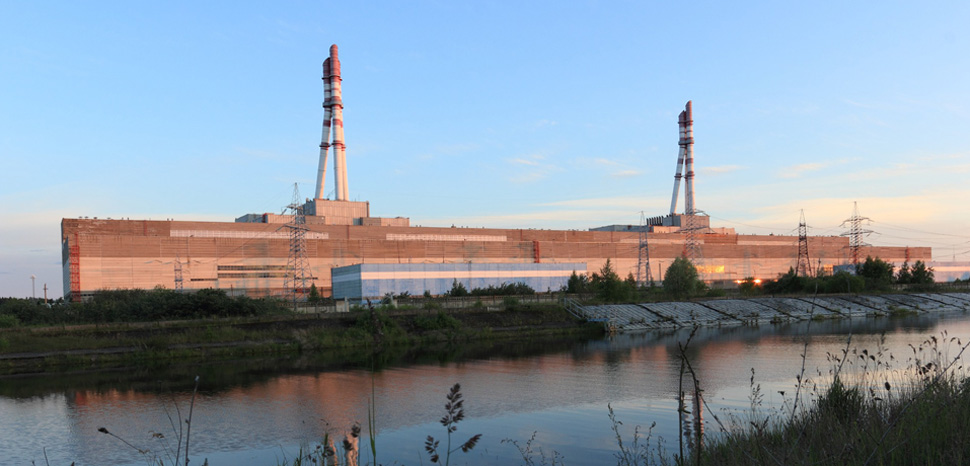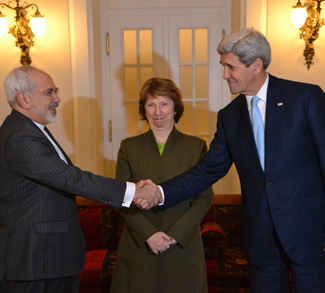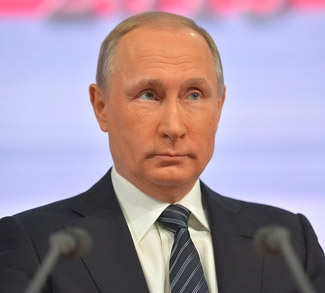Next year will be a turning point for Lithuania’s finances. Since gaining independence, Lithuania has been significantly supported by the EU. Brussels has helped a young country grow stronger and decrease its dependence on Russia. A variety of projects launched by the country decades ago were successfully financed with European funds, and such assistance made it possible to develop the economy at a rapid rate. With each passing year, Lithuania grew more confident in its capabilities and came to strongly believe in its European future.
EU financial aid helped to kick off the decommissioning of the Ignalina nuclear power plant and the building of the Rail Baltica, as well as many other projects. Brussels has already allocated €1.5 billion as part of the current budget up to 2020 for the Ignalina nuclear power plant. But the process is only half complete. Lithuania needs a new disbursement of at least the same amount of money to finish the decommissioning safely. And although a spokeswoman for the Lithuanian energy minister recently denied a report that an incident occurred at the Ignalina Nuclear Power Plant (INPP) in late 2017, the situation remains highly alarming.
The new EU budget for the next seven years could become a real threat to Lithuania’s position in this regard. It is no secret that the European Union is experiencing financial difficulties, and that these difficulties will only increase over the short-term. Brexit alone is sure to result in new cuts to EU spending.
Thus, the financial outlook for Lithuania is not very encouraging. Its main donor will decrease financial aid and there’s no obvious replacement. Even now the European authorities stress the necessity of Lithuania stepping up to finance its own internal projects.
Besides the Ignalina nuclear power plant, the Lithuanian government also needs financing for continuation of Rail Baltica, which aims to link Finland, Estonia, Latvia, Lithuania, and Poland together with a European standard gauge rail line. No decisions have been made on the next funding period (after 2020), and Vilnius has made enormous efforts to convince the EU to continue its support for the project.
So, as well as the Ignalina nuclear power plant project, the Rail Baltica is also in limbo.
Lithuania can’t afford to stop these projects because they are too important for her image and security, but government figures have admitted that they can’t go forward without external assistance. Energy Minister Žygimantas Vaičiūnas insisted in December that “EU support is crucial and we simply do not have any other alternatives.”
At the same time, this lack of funding still does not prevent Lithuania from increasing its defense budget. This year Lithuania will allocate 873 million euros for defense, an increase of 149.2 million euros from 2017.
If this money were redirected to vital project such as decommissioning the Ignalina nuclear power plant, it would allow Vilnius to easily shut down the plant within the next 20 years, and all without external assistance. Compare the necessity of closing the plant to the need to buy new containers, trucks, military equipment, and spare vehicle parts (the biggest purchases projected for 2018 according to the Ministry of National Defence), and the priorities become clear. Perhaps then something is wrong with the priorities of the Lithuanian authorities?
With all these additional money Lithuania could close a dangerous nuclear plant and build a modern railway without asking the EU or other sponsors for money. Let’s think about it…
The opinions, beliefs, and viewpoints expressed by the authors are theirs alone and don’t reflect any official position of Geopoliticalmonitor.com.




